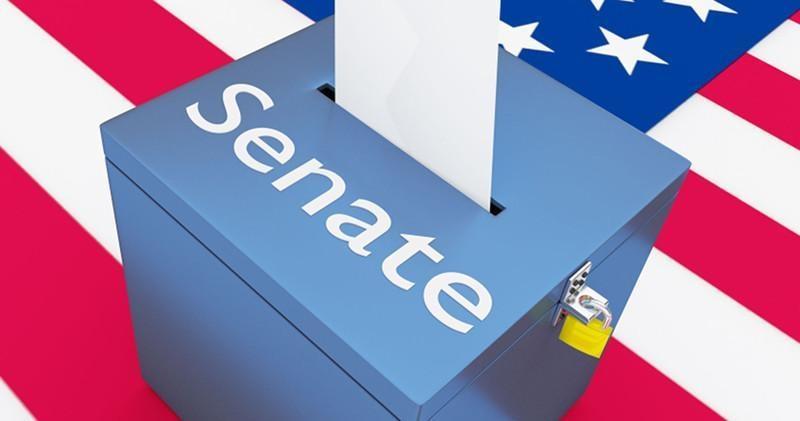
Alabama’s junior senator, Democrat Doug Jones, has been in office for only 13 months, but he’s already preparing to face voters again in 2020. With the Senate at 53 Republicans and 47 Democrats, Minority Leader Charles E. Schumer can’t afford to lose any seats next year if he hopes to win back control of the chamber. Does Jones have any chance of winning, or is the handwriting already on the wall for a GOP pick-up in Alabama?
The top race handicappers are split on Jones’s re-election prospects.
Inside Elections rates the race “Leans Republican,” while The Cook Political Report handicaps the contest as “Leans Democrat” and Larry Sabato’s Crystal Ball classifies it as a “Toss-up.”
Actually, I don’t agree with any of those calls, though I’m closest to Inside Elections’, where I remain a senior editor. I don’t think Jones has much chance at all of holding on to his seat next year.
Simply put, his special election win was a fluke, not likely to be repeated.
The special
Jones, 64, served a little more than three years as U.S. attorney for the Northern District of Alabama during President Bill Clinton’s second term.
He had never been elected to office when he jumped into the Senate special election to fill the remainder of Jeff Sessions’s unexpired term.
Jones had little serious Democratic opposition, winning the primary, and the nomination, with two-thirds of the vote. But only 165,000 votes were cast in the primary, much less than half of the 423,000 votes cast on the GOP side.
No Republican received a majority of that primary’s vote, so the party had a runoff between the top-two finishers: former Alabama Supreme Court Chief Justice Roy Moore (38.9 percent); and appointed incumbent and former state Attorney General Luther Strange (32.8 percent).
While the national GOP establishment was strongly behind Strange, third-place primary finisher Rep. Mo Brooks (19.7 percent) endorsed Moore.
Brooks called the runoff “an epic battle between the people of Alabama who put America first and the Washington swamp that hopes to buy our Senate seat and put America last.”
Moore won the runoff with 54.6 percent of the vote and moved into the special election as a damaged nominee.
However, many national Republicans, including President Donald Trump, who had preferred Strange, rallied around Moore’s candidacy, hoping to keep the seat in GOP hands.
Moore brought a lifetime of political baggage to the Dec. 12, 2017, special election, including being removed from the bench once, being suspended from the bench another time, alleged ties to white nationalist groups, and allegations of sexual misconduct over the years.
Jones ended up squeezing past Moore 50 percent to 48.3 percent in a major upset — and the first Senate victory for a Democrat in Alabama since Richard Shelby was re-elected in 1992. (Shelby switched to the GOP after the 1994 elections.)
2020 outlook...

